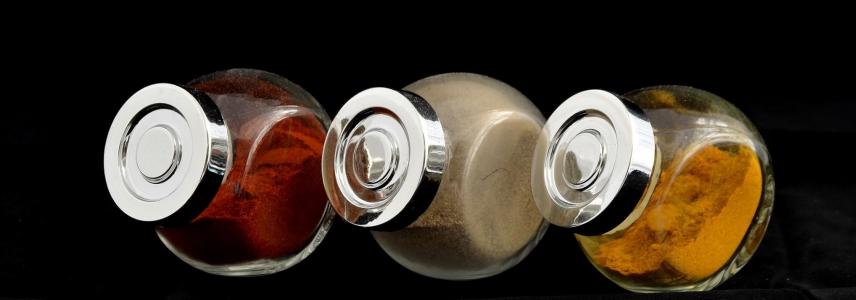The European spices market is becoming more concentrated

The European spices market is becoming more concentrated. This is due to frequent mergers and acquisitions. Recently, several important players have joined forces to become bigger and stronger. For suppliers in developing countries, this means fewer options to sell. It also means increasing quality requests and a challenging future.
Only a small amount of spices and herbs are added to dishes. The traded quantities are therefore also much smaller than the quantities for meat, fruit or vegetables. Trading such small quantities does not provide a lot of profit to small traders. Because of this, many small traders have disappeared from the European market over the last decade. Bigger players have merged with other companies to ensure sustainable business.
Mergers and acquisitions are shaping the market
During the last 2 years, several important European spices and herbs companies have joined forces to become more competitive. We take a look at 3 of the most notable acquisitions.
The Solina Group is a European producer of savoury solutions for the food industry. In January 2020, it acquired Berthelet, a Canadian foodservice provider of dry and liquid food solutions. A few months later, in June 2020, Solina completed the acquisition of German-based company Hagesüd. Hagesüd is specialised in customised production of spice mixes and solutions for the meat processing industry. By acquiring these 2 companies, Solina became stronger in culinary know-how. It is now able to provide more customised and added-value solutions.
International Flavors & Fragrances (IFF) finished the acquisition of Israeli based company Frutarom at the beginning of 2019. IFF has its headquarters in the United States. But it has several subsidiaries in Europe. IFF produces flavourings and cosmetic ingredients. With the acquisition, IFF gained better access to savoury solutions, natural ingredients, botanicals and extracts. Until recently, the world flavours and fragrances market was dominated by 4 players. But now there are only 2 leading players - IFF and Givaudan.
Dutch spices market leader Euroma acquired its competitor Intertaste in 2018. The companies joined forces to develop new products such as herbs and spices mixtures, sauces, dressings, soups and texturing products. Together, these companies now hold a top-3 position in the European herbs and spices market. Also, the new company built a new processing facility in the Netherlands. It is one of the most innovative and sustainable herbs and spices factories in Europe.
More control over the supply chain
Having larger European spices and herbs companies has led to sub-specialisation in sourcing processes. To maintain full control over the supply chain, big players are employing purchasing managers. These purchasing managers are specialised in sourcing single spice products or a limited number of spices and herbs. Purchasing managers are becoming product experts. They are able to do pre-audits of products by their sensory characteristics, even before laboratory testing is done.
Some companies have purchasing managers who are responsible for buying spices and herbs only from specific areas and countries. Often, the buyers do not live in Europe but in the spice and herb-producing countries. This allows for full traceability of the export process, starting from farmers, all the way to the export and processing companies. Some big spice traders are opening their own branches and even producing spices in production countries. One example is Olam International, which produces dried onions in Egypt.
Suppliers of spices and herbs in developing countries should be aware of these trends in the European spice industry. When starting an export spices/herbs business, you need to think carefully about your business plan. You also need to consider the regulations European companies are following. These are now stricter and include things like decreasing the level of contaminants and allergens. This makes the supply chain more complex and riskier.
More information
This year, CBI published 2 new market studies about thyme and coriander. For more information, also read CBI’s product-specific studies.
This news article was written for CBI by Autentika Global.
Stay informed
To stay informed on the latest developments in the spices and herbs sector, make sure to subscribe to our newsletter.